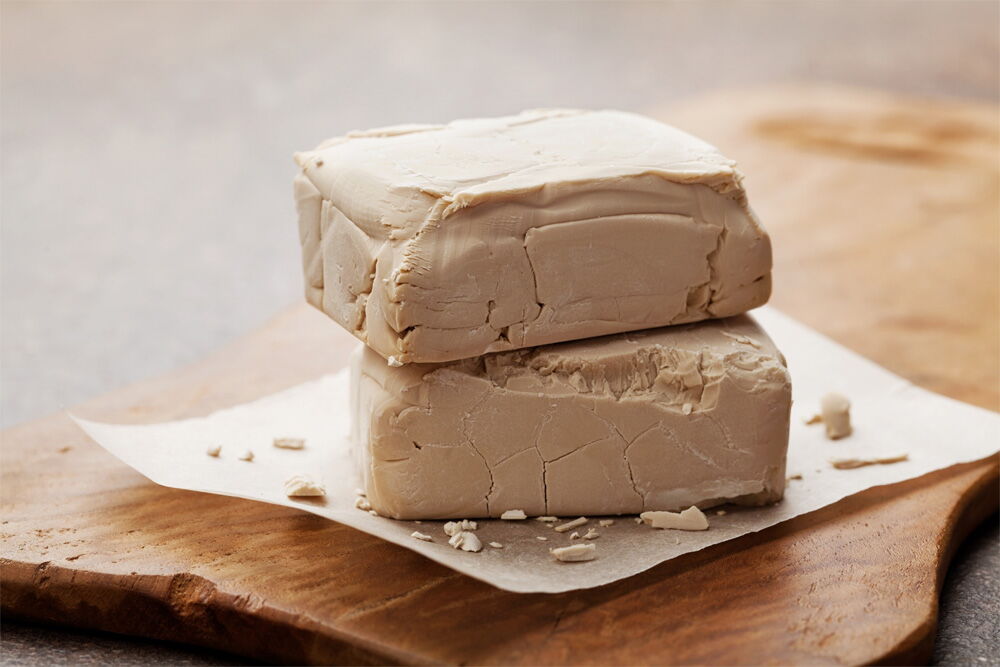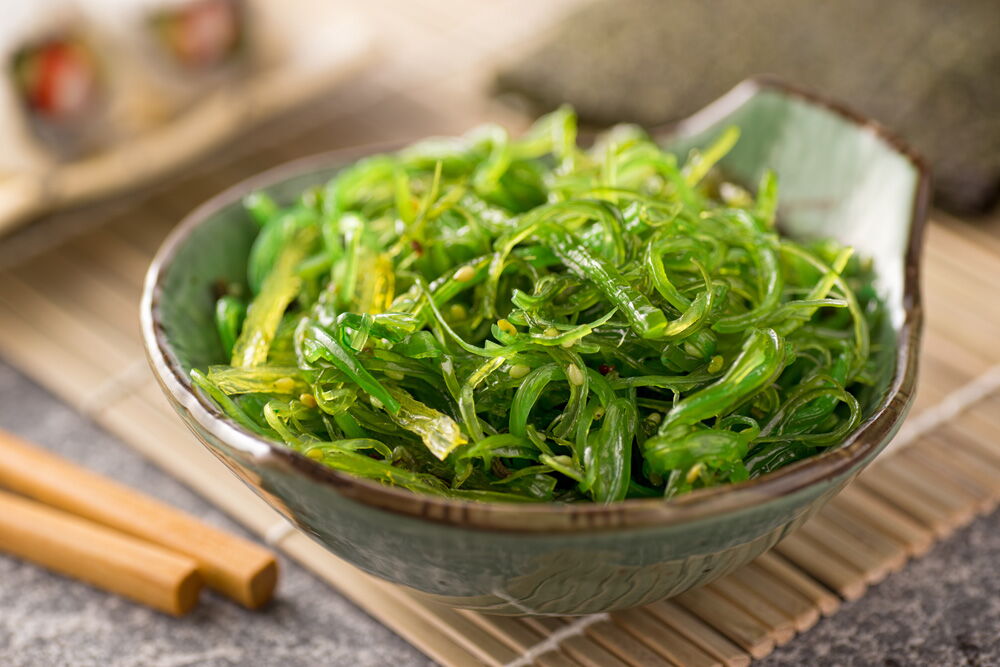Food supplements can be useful for anyone wishing to increase the nutritional value of their meals. Supplements can be in the form of tablets; different forms may have different nutritional characteristics. None of the information about illnesses should be considered as medical therapies, but merely the results of research.
ACIDOPHILUS
The colon should contain 85% lactobacillus bacteria and 15% coliform bacteria, but these percentages are often reversed. This leads to the formation of gas, bloating, poisoning, constipation, malabsorption and the development of candida. Acidophilus can help counteract these disorders.
Acidophilus is found in milk serum, yoghurt, kefir, cheese and lactic acid, in which most of the lactose is predigested. Some supplements have to be taken on an empty stomach, one hour before a meal, and must never be taken with antibiotics. There are other forms (maxidophilus and megadophilus) that are equally effective.
"BLACKSTRAP" MOLASSES
Molasses, or "Blackstrap" is a substance that's high in minerals and vitamins. "Blackstrap" molasses is the last possible extract of sugar cane, so it contains more nutrients than any of the other cane products. It contains more calcium than milk, more iron than most types of egg, and more potassium than any food; its also very high in vitamin B complex, copper, magnesium, phosphorus, pantothenic acid, inositol and vitamin E. One spoonful of molasses contains 3 mg of iron and more than 100 mg of calcium. Its also rich in natural sugar. The recommended daily dose is one teaspoon dissolved in a cup of milk or lukewarm water; half this dose is advisable for children. Molasses can be used as a substitute for sugar on cereals, and can be consumed in the place of jams and jellies. Diseases like varicose veins, arthritis, ulcers, dermatitis, hair problems, eczema, psoriasis, angina pectoris, constipation, colitis, anaemia and nerve problems can all be improved by integrating mineral rich molasses into the diet.
BREWER'S YEAST
Brewer's yeast is a yeast that can be added to any foods to increase their nutritional value. Brewer's yeast is a substance with one of the highest contents of B complex vitamins and minerals. It contains sixteen amino acids, fourteen minerals and seventeen vitamins. Brewer's yeast is much higher in phosphorus than calcium; so every spoonful of brewer's yeast should be taken with a quarter of a litre of skimmed milk or four tablespoons of powdered milk. The recommended dietary dose of brewer's yeast is one teaspoon a day.
Wheat germ (see below) and brewer's yeast taken daily can be useful in preventing cardiovascular diseases. Brewer's yeast protects against poisoning caused by large doses of vitamin D. It is used to prevent constipation and is high in substances that produce enzymes.
Brewer's yeast is also one of the best sources of RNA, a nucleic acid that's important for the body's immunity from degenerative diseases. Brewer's yeast is available as a powder, flakes and in tablets.

KOMBUCHA MUSHROOM
The Kombucha mushroom is a living organism to which many therapeutic properties have been attributed. It can be purchased easily, but its best not to use it before consulting a qualified physician. Among the properties attributed to it (based on personal experience), it seems that a drink prepared with the help of this mushroom strengthens the immune system, increases energy, improves digestive system functioning, helps the skin, combats toxins and promotes general well-being.
LECITHIN
Lecithin is a natural constituent of every cell in the human body and helps to emulsify the cholesterol in the body. Lecithin is naturally present in egg yolk, liver, nuts, whole wheat, unrefined vegetable oils, soy and corn, but can also be obtained as a food supplement in the form of capsules, syrups and granules. Lecithin is rich in phosphorus and, along with iron, iodine and calcium, provides the brain with strength and energy, and promotes fat digestion and the absorption. Lecithin is also composed of normal fat, unsaturated fatty acids and choline.
Lecithin can break down cholesterol, allowing it to pass through the walls of the arteries, which helps to prevent atherosclerosis. Its been demonstrated that lecithin increases immunity from viral infections and prevents the formation of gall stones. The distribution of body weight is also assisted by lecithin. Lecithin plays an important role in preserving the health of the nervous system and is naturally present in the myelin sheaths, which form as a protective coating of fat around the nerves. Lecithin also helps clean the liver and purify the kidneys. The recommended dose is two tablespoons per day.
MARINE ALGAE (SEAWEED)
Sea algae are mineral rich substances that grow in the oceans. Marine plants have an advantage over those that grow on the land, because they grow in seawater, in which the minerals are continually replenished. Algae are rich in all of the essential minerals. There are several varieties of marine algae including the laminaria (which is also called kelp), nori, wakame and Irish moss, and all have a salty taste.
Kelp is a substance with one of the highest iodine contents; it also contains several vitamins from the B complex, along with vitamins D, E and K, calcium and magnesium. It is often used as a substitute for salt, and is available in dried, powdered and tablet forms.
Red seaweed is dark red and rich in iodine. It can be used fresh in salads, but must be washed thoroughly several times prior to use. Algae helps to keep the mucous membranes healthy, and also helps treatments for arthritis, constipation, nervous problems, rheumatism, colds and skin irritations. Because of their iodine content, algae may however make acne worse. All algae have anti-tumour properties. Laminaria has antibacterial and antiviral properties; it kills the herpes virus and lowers cholesterol levels. The wakame algae strengthens the immune system, whilst nori promotes healing the ulcers, cleanses blood clots, and kills bacteria.

WHEAT GERM
Wheat germ is the heart of grains of wheat. It's very rich in protein (24 g in half a cupful), vitamins from the B complex, vitamin E and iron. Also contains copper, magnesium, manganese, calcium and phosphorus. Its phosphorus content is higher than its calcium content, so for each spoonful of wheat germ, you should take a glass of skimmed milk or four tablespoons of powdered milk. Wheat germ contains a vegetable oil and should therefore be stored refrigerated in a sealed container. Wheatgerm oil is extracted from wheat germ; is a nutritional supplement high in unsaturated fatty acids and is a substance with one of the highest vitamin E contents.
